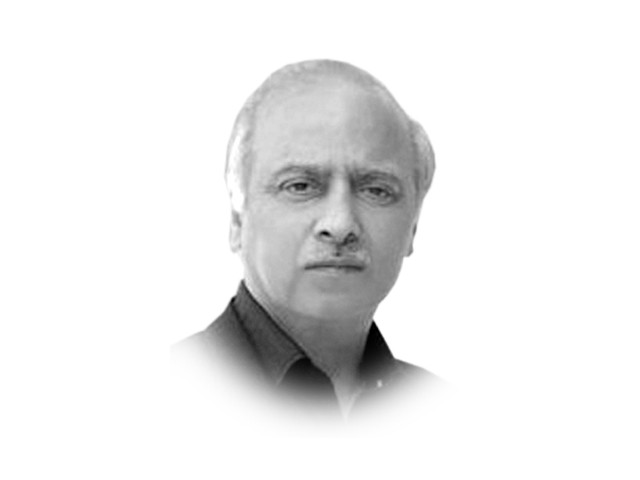Pakistan and Turkish democracy
Turkey can face off any ideological or political challenge if it stays focused on economic expansion, stabilisation.

Pakistan and Turkish democracy
At the same time, the grand political consensus on the separation of politics and religion remains strongly in place. The entire political discourse, therefore, continues to be embedded in universally acknowledged democratic values, despite the fact that outside modern Ankara, Izmir and Istanbul; Turkey, like Pakistan, is a religious country. That’s the reason why the AKP (a more ‘modern’ version of JI) didn’t dare to touch the overall secular framework (yet), though it has been placing its own people in key positions, preferring to promote bureaucrats who are more overtly religious, for example. Wine is no longer served in government functions. The hijab is okay. A friend once quoted an older Turk friend as saying that the country they had wanted to emulate in the past was Pakistan. But not the Pakistan of today, which they see slipping very quickly towards chaos.
It is, of course, debatable as to whether Pakistan can follow what Ataturk did over 90 years ago with brute power. The extent to which Ataturk went to remove reference to religion from every segment of the society was breathtaking and many observers believe, probably not possible today any more in an era of fast-moving, trans-nationalist Islamist ideologies, epitomised particularly by al Qaeda and the Muslim Brotherhood. This may, however, meanwhile endanger the secular edifice that Ataturk raised in 1923.
Turkish Prime Minister Recep Tayyip Erdogan, perhaps, also is feeling the pressure and facing the challenge on the governance front; he may be popular but maintaining that popularity is predicated on service delivery and economic consolidation. Most local and foreign observers do feel that the Turkish government can face off any ideological or political challenge if it stayed focused on economic expansion and stabilisation.
Yet, what deserves consideration is whether Pakistan can emulate some of the fundamental principles that guide the Turkish model of democracy.
Other Muslim countries like Malaysia and Indonesia have also gone through more or less similar experiences which can indeed serve as role model for a country like Pakistan. If the entire education system is subject to state regulations, why cannot the private religious education establishment i.e. madaris be subject to those regulations?
The monopoly of religious thought and dissemination in private hands is risky and fraught with numerous pitfalls. This is what we see happening in Pakistan, led by the five Wifaq’s — Religious Boards of five Sects — and the religio-political parties. The latter have traditionally been unpopular but still benefited from the expedience of mainstream political parties. This way they also created space for their affiliated mosques and madaris, even though many of them were raised illegally. Ruling parties often look the other way when a Wifaq-related cleric encroaches on state or private land.
Based on the experiences of Turkey, Malaysia or Indonesia, Pakistan’s mainstream political parties, perhaps, can help initiate a debate on the subject. They need courage and a vision for a liberal and prosperous Pakistan to embark on that path. This, however, must not be misconstrued as an attempt to infringement of religious freedom. Everybody is and must remain free to practice faith. But that practice must not become an instrument of injustice, discrimination and intolerance.
Published in The Express Tribune, March 28th, 2012.















COMMENTS
Comments are moderated and generally will be posted if they are on-topic and not abusive.
For more information, please see our Comments FAQ